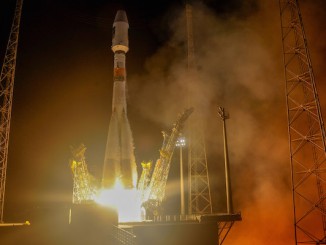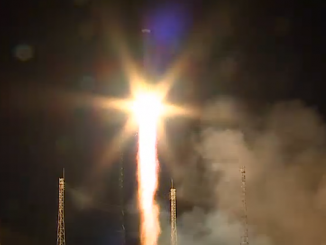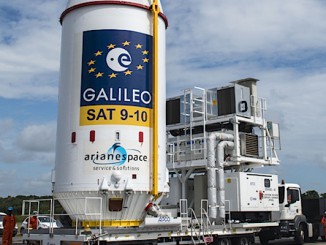
VS12

Mission Reports

Mission Reports

Mission Reports

Mission Reports

Mission Reports

Mission Reports






© 1999-2024 Spaceflight Now Inc